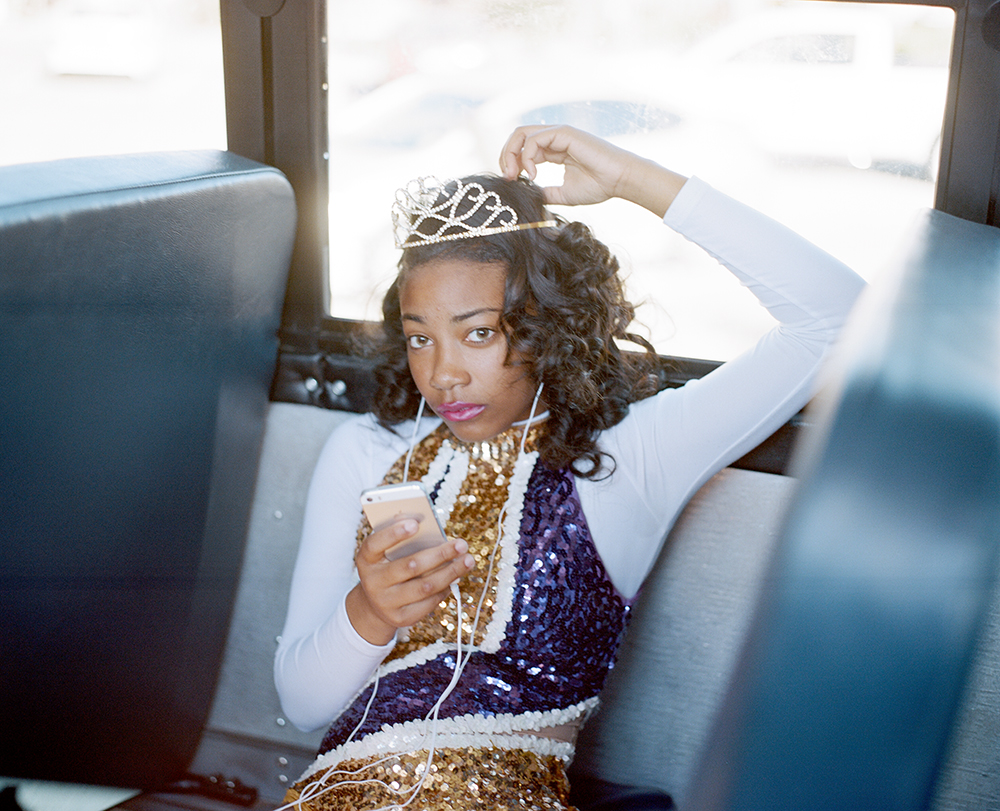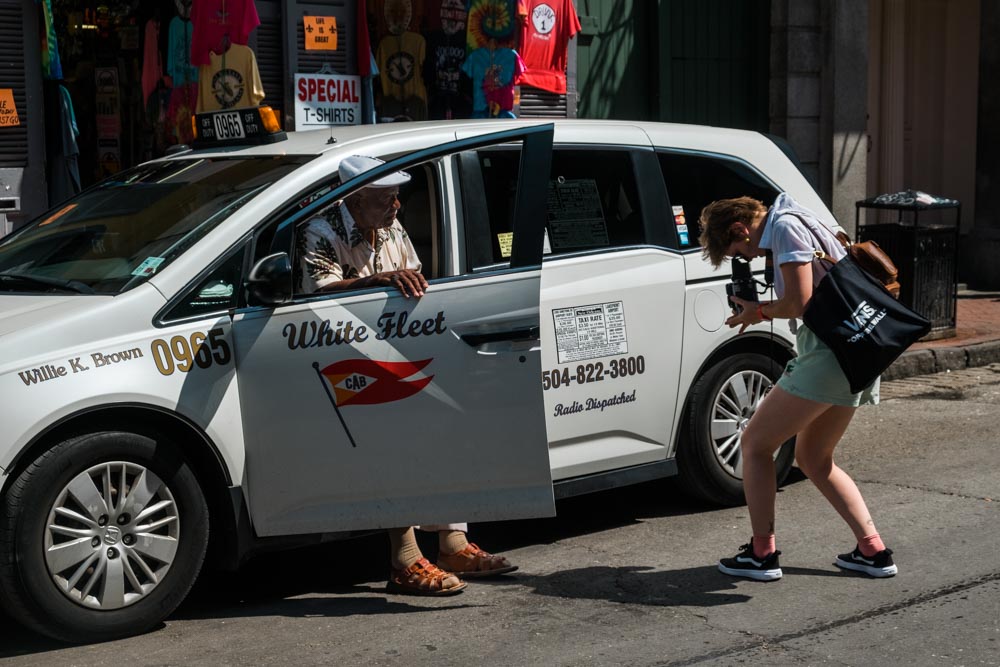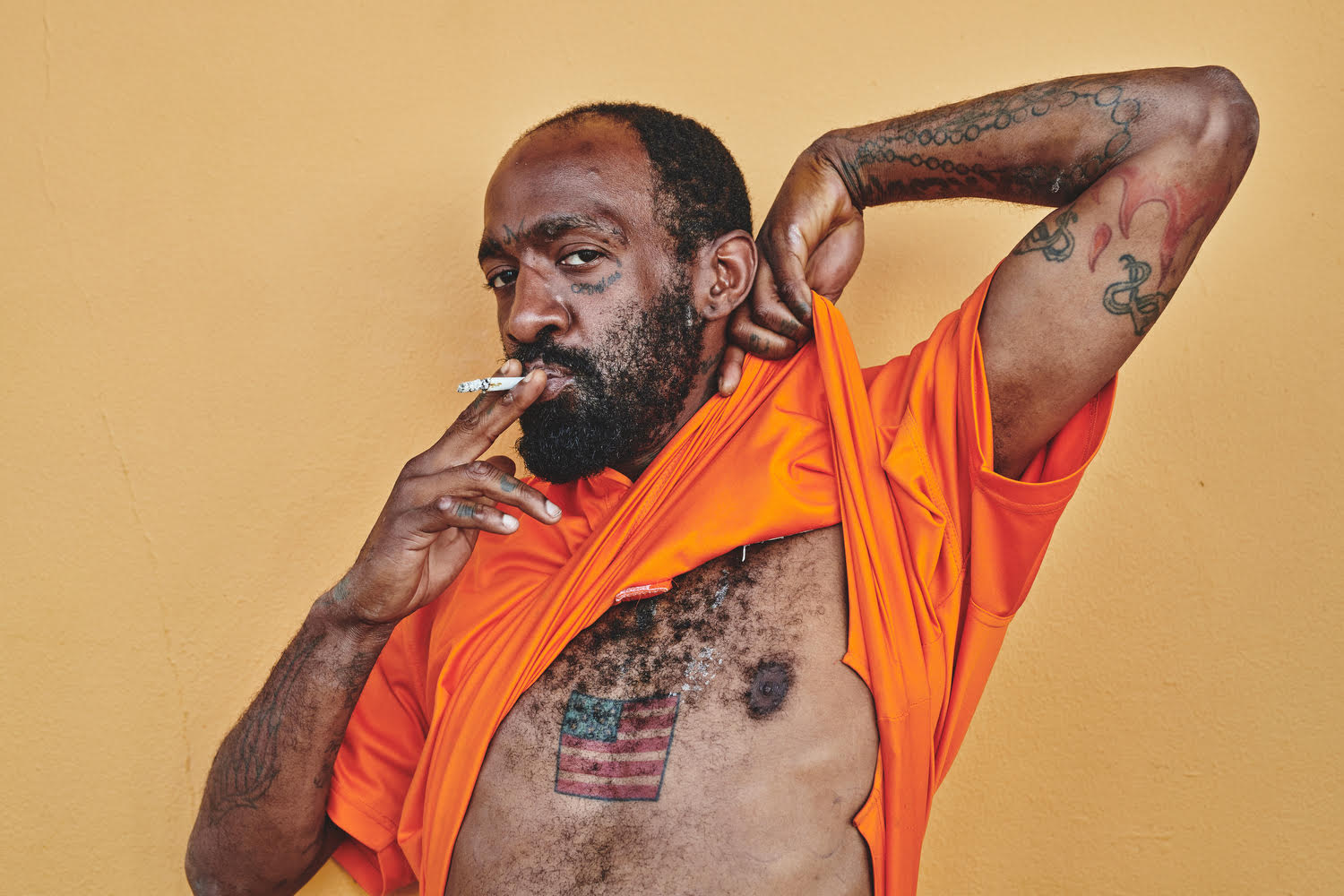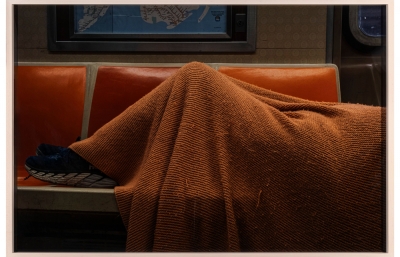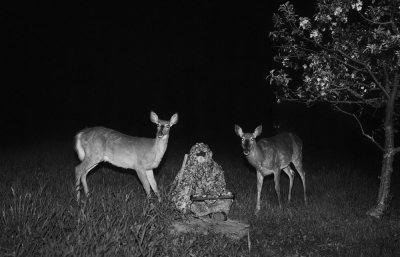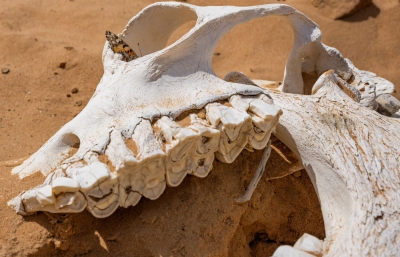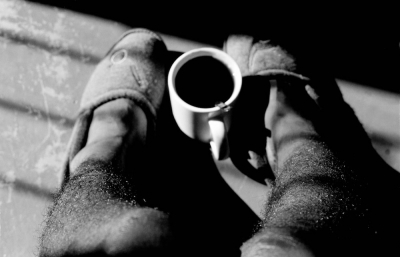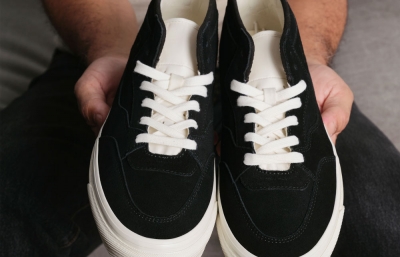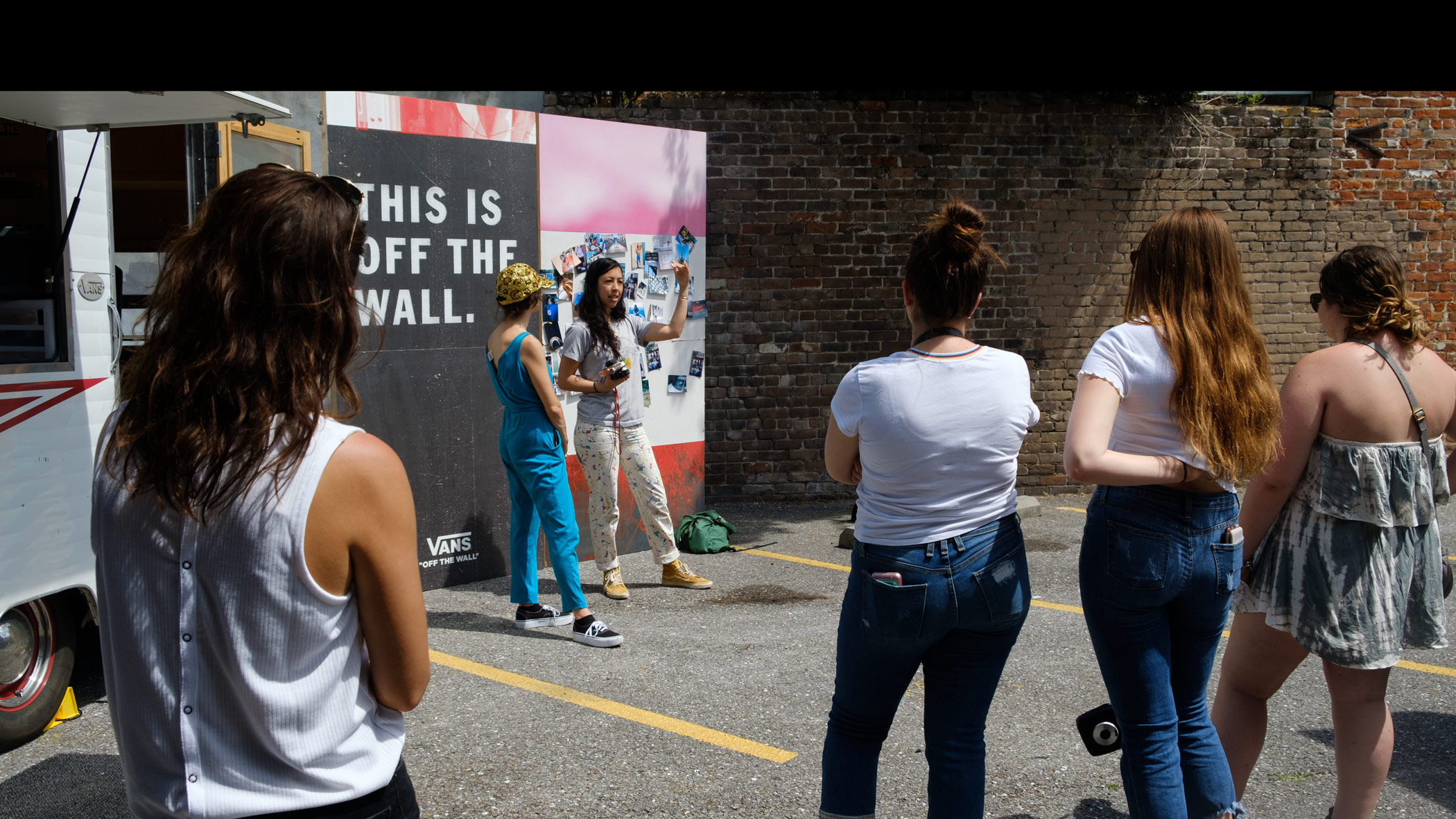
Vision Walk: NEW ORLEANS
With AKASHA RABUT
We are traveling around the country with VANS VISION WALKS, a series of workshops led by some of our favorite photographers in their home cities. This past weekend we spent the AFTERNOON with AKASHA RABUT as She led participants on a walk through THE FRENCH QUARTER IN NEW ORLEANS.
No matter how you approach taking photographs, the relationship between photographer and subject is important to the images you create. For some, that can mean being a "fly on the wall" or capturing candid photos of strangers on the street. For Akasha Rabut, making a genuine human connection comes first. "Human experiences and relationships and friendships are so important to me," she explains. "Once we get past that, then I'm like okay, 'I have this giant camera, can I take your photo?'" You can feel the result of this in the images she makes, in the faces and eyes of the people she now not only has a photograph of, but often a friendship with. "I think part of it is we're in the South and people here are just so friendly, they've been through so much that I think human relationships are very important to them." After giving us some insight into her process and how to approach taking portraits, we took off on a Vision Walk through the French Quarter, from Bourbon Street to the banks of the Mississippi and back again.
Alex Nicholson: When did you first pick up a camera?
Akasha Rabut: I think I was 13 or 14. I had been living in between California and Hawaii and just moved back to Kauai. I wanted to be on the yearbook staff which I think is really weird now because I didn’t know anybody and yearbook was for those who did... I was in charge of taking photos of famous surf spots on Kauai. I borrowed my parent’s point and shoot camera and drove to all these surf spots and took photos. When we got the photos back, my parents were like, “Oh these are really beautiful. We should really get you a camera.” Nobody ever got me a camera, but from that point on, I clung to that. And a couple of years later, when I moved back to California, I registered for a black and white photo class and became super obsessed with it. By the end of high school I was spending three or four periods in the dark room.
Watch a recap of the Vision Walk in New Orleans.
Was it was that initial encouragement from your parents or the enjoyment of taking the photos that kept you interested?
I think it was the feeling that I got. Hearing them say I should get a camera, I think that excited me, but I think it was actually the feeling. I think I have an obsession with light. I remember the light, what the feeling of the light was, it's just the feeling that I had when I looked at the photos. I felt enveloped in love or something. It just felt so good.
I definitely can understand that. Once you did get a camera, what were the kinds of things you photographed?
When I moved back to California, I got really immersed in the punk scene. All of my friends were really into punk rock so I just started shooting that, subculture stuff. This was in the 90s, so everybody was in creepers and bondage pants and had huge Mohawks. It was really people that I was interested in. My brother was super fashionable and always looked really cool so he was the subject of a lot of my photos. I grew up with my mom having a vintage store so I think I'm always attracted to patterns and colors and the things people are wearing.
So when you moved to New Orleans, naturally you were attracted to the people, culture, and fashion?
Growing up on the West Coast and in Hawaii, I had never been exposed to culture like I've been exposed to here. I worked at the Historic New Orleans Collection for around four or five years, and I was in charge of archiving, which is pretty boring work. I got to digitize this man, Michael P. Smith's photographs. He took all of the second line photos from the 60s on. All those famous Jazz Fest photos, he shot. At the time, I was wishing I was not in this dark cell, scanning somebody else's work. I wanted to be doing my own stuff. And I don't think I realized it at the time, but spending hours staring at this man's work I think encouraged me to leave.
I started going to second lines and I started seeing people that I'd never seen before and I wanted to talk to them and shoot them. I was intrigued by them. Who are these people? I've never seen women on motorcycles in stiletto heels. Or there was a bunch of dudes walking around with snakes or guys on horses, just out in the street. So I started talking to these people and everybody was super welcoming.
When I first met the Caramel Curves, I met this woman, True. She was super open. I asked if I could take her photo and we started talking. She told me, “I'm in the first African American, all female motorcycle gang based out of New Orleans and we have a meeting every Tuesday at Coco's Nail Salon. You wanna go?” So that's how it all started. I started shooting them. And then eventually the urban horseback riders. I ran into them and they were like, “Come to our stables.” And I'd go and hang out at their stables.
Have most people been pretty receptive to the idea of you photographing them?
People have been super open to me. And that's always a funny thing, because a lot of times I feel like they thought, “Who's this weird Asian lady with her camera? What is she doing?” Nobody ever saw the product of it because I spend so much time on my projects. Once the Caramel Curves stuff had been published in a lot of places I think people understood it a little more. And now, I think that's a lot of reason why people allow me to photograph them too. It has to do with seeing the final product. Shooting people, it goes two ways. I don't want to just steal from them and never see them again or not give back. So with a lot of these people, I've formed relationships. And I'm their photographer for life. If they get married, or if their kids need a senior portrait, I'm gonna do it for free. And I love to give them prints and just build friendships with them. So I guess that's how it all started.
How do you approach building those relationships? How does having a camera with you play into it? Is it secondary or do you think having it invites them to talk to you?
I don't know how it works for them, but I know that usually I'm really drawn to people because of something they're wearing or the way their hairs looks or something. I usually end up talking to people because I want to know more about them. I’ll walk up to somebody and say, “I really like the crazy shirt you're wearing.” We'll start talking and then I’ll ask if I can take a photo. A lot of times people are just so open and I think part of it is we're in the south and people here are just so friendly, they've been through so much that I think human relationships are very important to them.
The other day I was shooting something in Bywater. This man walked out of his house and was in blue shorts, blue shoes, a blue striped shirt, and three blue bandanas wrapped around his head. He was in his 50s. I started talking to him and asked if I could take his photo and then the next thing I know, he asked if I wanted to go in his house. When I go into his house, it's floor-to-ceiling aquariums! He turned out to be a Mardi Gras Indian chief. His wife is in bed and we walked through her room and say hi. It’s covered in Mardi Gras Indian everything. And at that point, I wasn't shooting because I wanted to have this experience without taking photos. I'm sure I'll see him again and I'll probably photograph him again.
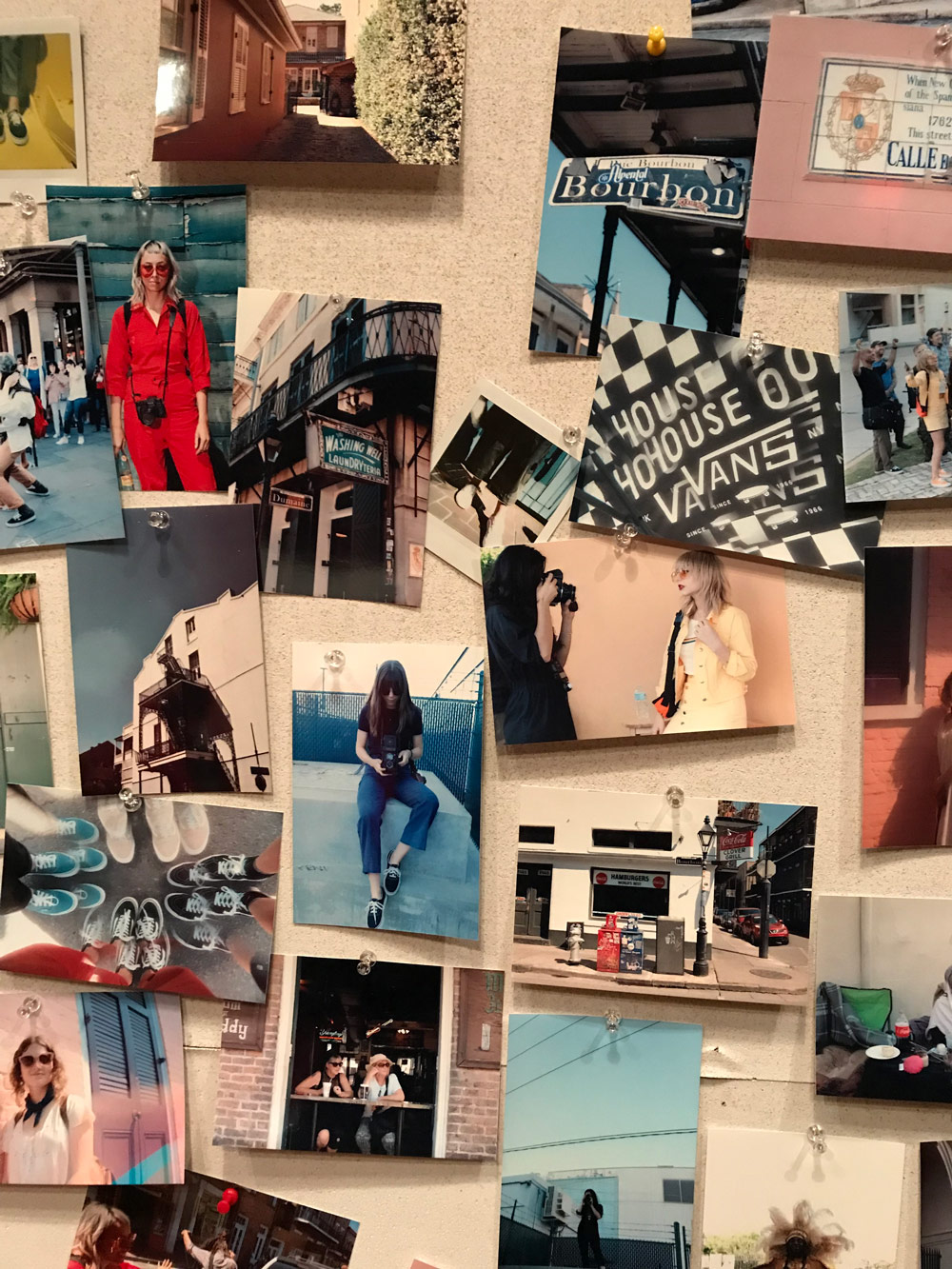
I think my experiences with people work a lot like that. I like to practice going out without my camera. I feel like that can be really isolating and weird and I don't want to always be behind the camera.
That’s a great story! The camera you usually use is pretty big.
It's a very big camera. I think it weighs, with the lens, around 13 pounds.
Do you find that people trust you more because the camera is big, that it gives the impression you are a legitimate photographer and not just some random person with a point and shoot?
Actually, a lot of it I think it has to do with being a woman. I think as a woman, I've gotten myself into a lot of situations that most men probably couldn't get themselves into. I know when I was shooting at Edna Karr High School, if a man was trying to be in the room with all these dancers, it would be a little bit different. Maybe it’s a maternal thing or I’m like a sister to some people? I don't know, it just feels like there's something that happens when I am talking to people, that they suddenly trust me. Which is great, because I am trustworthy! Haha.
It’s being non-threatening.
Yeah. I think human experiences and relationships and friendships are so important to me. Once we get past that, then I'm like okay, “I have this giant camera, can I take your photo? “And most people say, “Of course you can take my photo.” I am really learning to trust my intuition. I'm not gonna approach somebody who looks like they don't want to have their photo taken.
Do you think at all about your work in terms of time, how it will look in 20 years?
It hadn’t crossed my mind until just recently. I'm seeing a sudden shift in the city from when I first moved here. Suddenly everything has been resurrected. I'm starting to be more aware of that. I shot something over there and that house was dilapidated and there was peeling paint and there weren't any people, and now, it's a condo. I'm starting to get really excited about that part of my work. Not that it's a good thing that the city is shifting the way it is. It's starting to become more poetic for me, which I think is really cool because it happened organically. At the time I wasn't thinking, “Oh, this is going to look so cool in 10 years.”
How do you find something important to you that stands out? What makes one photographer’s work unique from another’s?
That is something that I have been challenged with recently. So many people are coming to shoot New Orleans now. At second line parades, or at Super Sunday, there's no infrastructure here and the place is kind of lawless. You can just jump into the middle of a parade and nobody is going to yell at you. Lately, I've seen the parades have been really congested with photographers up in people's face. I don't like to be at the actual second line. I like to hang out in the weird crevices of the city. I'll be off on the side and I'll wait til something happens over there. I don't like competition and I don't like competing with other people, so as soon as that happens, I just step away and I let people get what they want and then I'll try to go back when there's more space.

